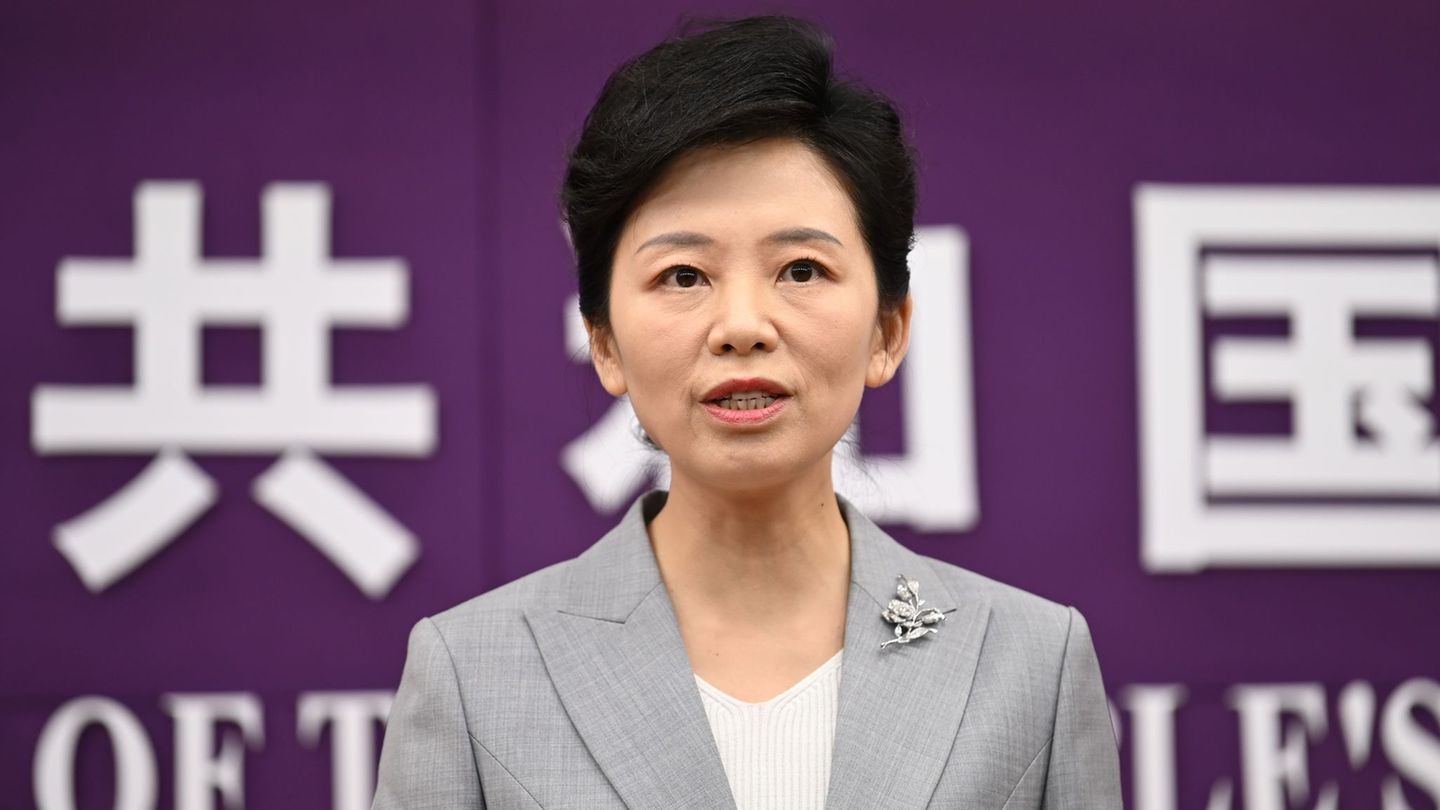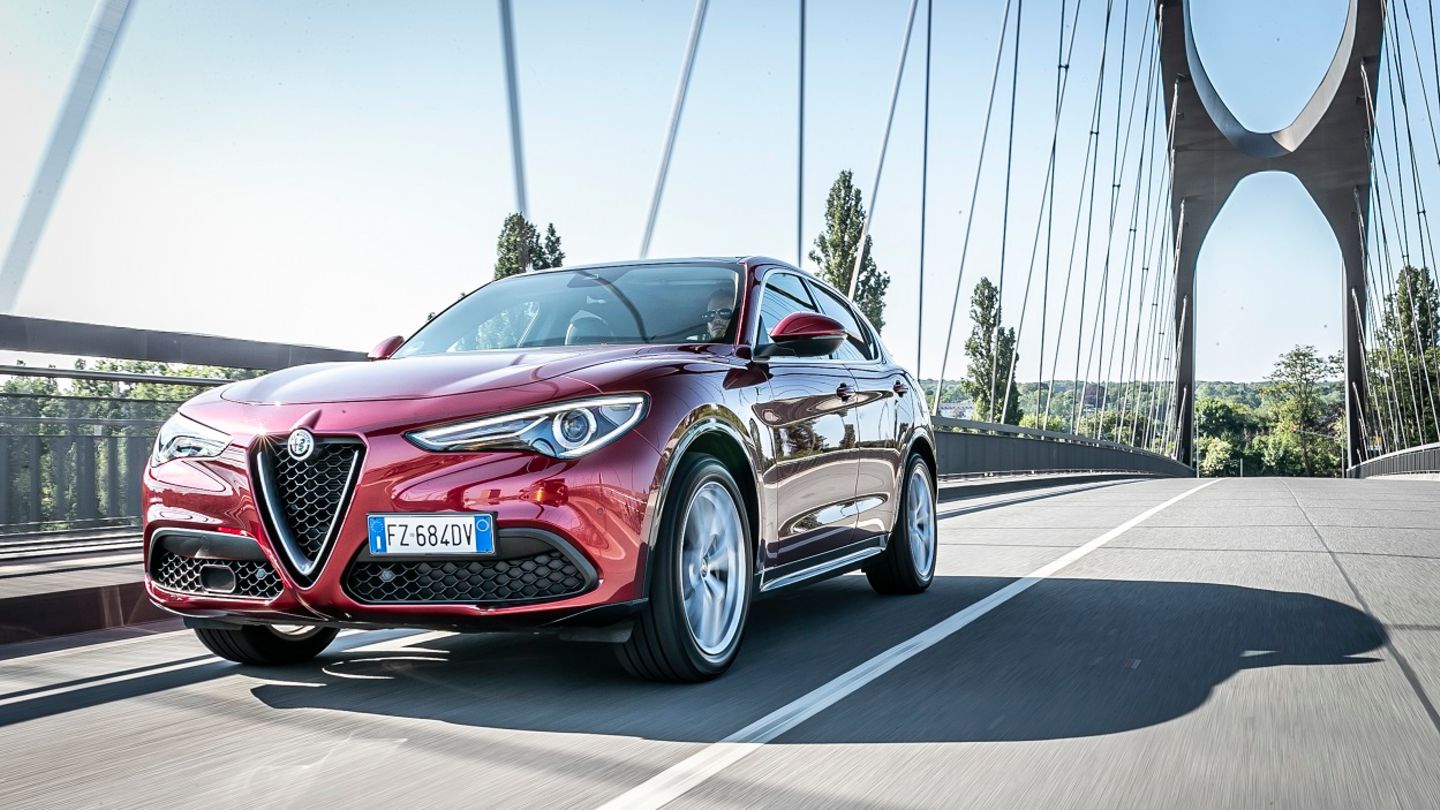All transport companies pay a fee for using the rail network. The railway has now announced a further drastic increase in these track access charges. The industry is warning of the consequences.
The railway company InfraGo, which is responsible for the rail network, is planning another drastic increase in the so-called track charges – a user fee for the rails – from 2026. This time, it would particularly affect regional transport, for which InfraGo has applied to the Federal Network Agency for an increase of 23.5 percent. This is evident from the track charge information that the company published on Monday evening. The “Süddeutsche Zeitung” was the first to report this.
On average, prices are expected to rise by 19.1 percent from 2026. Long-distance transport would see an increase of 10.1 percent, and freight transport an increase of 14.8 percent.
Federal Network Agency must approve increase
The planned track access charges must be approved by the Federal Network Agency. The corresponding process will start in October, according to the information. When setting the new charges, Deutsche Bahn is assuming that the track access charges for local and regional transport will no longer be capped by law in the future, as was previously the case. Legal proceedings are currently underway in this regard.
The track access charges are a type of rail toll levied by InfraGo. All companies that use the railway’s infrastructure must pay them, including the railway’s transport companies themselves. The railway uses these funds to finance, among other things, the running costs of operation, maintenance and the group’s investment contributions to the more than 33,000-kilometer-long rail network in Germany.
Equity increase leads to increase in track charges
However, the railway also pays the federal government interest on the railway’s equity capital through the track access charges. In order to finance the billions of euros planned for investments in the railways in the coming years, the federal government decided in the context of the most recent budget negotiations to increase equity capital by up to around 21 billion euros. This increases the interest burden and thus leads to the high track access charges, according to InfraGo.
“There is a risk of less rail traffic for more money,” said Sarah Stark, CEO of the German Railway Industry Association. “The planning security for more electrification and digitalization is diminishing instead of increasing.”
InfraGo, however, refers to talks with the federal government about a solution to the route pricing problem.
Source: Stern




